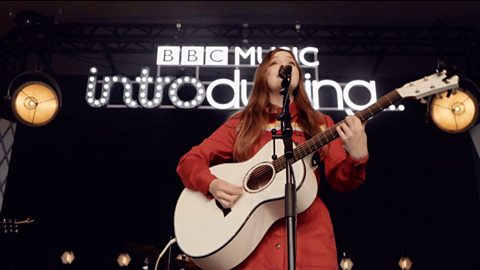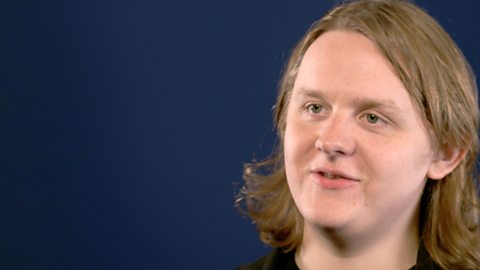Meet Tom and find out more about his life as a DJ Producer and his experience of gigging at the BBC Radio 1's Big Weekend. Part of our Bitesize world of work series.
Tom
I've been producing music for about six years at home and just recently started DJing for about two years at Newcastle College. About two weeks ago, I got her phone call from Milly over at Introducing to let me know that they'd like me to play at The 1 for New Music Stage. It was such a buzz to be on stage and actually perform some of my own tracks.
Up until this point, I've pretty much only played house parties and flat parties. So this has been my first real gig and it's such an amazing first gig as well, I couldn't dream of anything better. I opened up the dance music night on Friday for some really amazing acts like Mark Ronson, Danny Howard, Annie Mac, Sub Focus B2B Dimension B2B Wilkinson, who did a drum and bass set which was amazing, Sonny Fodera who came on just after me.
Seeing these people backstage and actually having a bit of a chat with them, it's been such an amazing experience for me as a new artist. Obviously the BBC have been so supportive of me, especially Introducing, having my tracks played on there.
My advice to new artists would be just to stick with it. Honestly, it's been such a slow process for me but it's been so rewarding. I've been writing music for about six years and it's only just now that things have started to go up so, honestly, just stick at it and, no matter what anyone says, if it's what you want to do you can do it.
Tom started producing music six years ago and has been DJing for two years at Newcastle college
He was contacted by BBC Music Introducing and asked to play at the Radio 1's Big Weekend festival
It was Tom's first big gig, where he opened up the dance music night for artists like Mark Ronson, Danny Howard and Annie Mac
His main advice to people starting out would be to stick at it. Making it in this industry is a slow process. Playing at Radio 1's Big Weekend was his first real gig after six years of producing music, but he felt it was an amazing feeling when it finally happened. Tom has found that if you keep going and commit to doing what you love it pays off in the end.
Seeing these artists backstage and having a chat with them has been such an amazing experience for me.

What to expect if you want to be DJ
- DJ average salary: Variable. You may be self-employed/freelance
- DJ typical working hours: 45 to 47 hours per week.
What qualifications do you need to be a DJ?
You could get into this role via a college course (such as a Level 2 certificate, a Level 3 Diploma or a T-level in Media, Broadcast and Production - England-only, from Sept 2023). You can also volunteer at community or hospital radio stations, or DJ at events like parties, weddings and charity shows. Alternative routes also include taking training courses or attending DJ workshops. You can also apply directly if you have relevant experience.
Sources: LMI for All, National Careers Service, GOV.UK
This information is a guide and is constantly changing. Please check the National Careers Service website for the latest information and all the qualifications needed and the GOV.UK website for more on T-levels.
For careers advice in all parts of the UK visit: National Careers Service (England), nidirect (Northern Ireland), My World of Work (Scotland) and Careers Wales (Wales).

Work experience in your area
Find work experience placements with Workfinder.
Tips and advice
Help with interviews, writing a CV and all things work experience related.

Jade Bird: Singer-songwriter. video
Jade Bird talks about her journey into the music industry.

Lewis Capaldi: singer-songwriter. video
Lewis Capaldi gives the lowdown on his life in the music industry.
